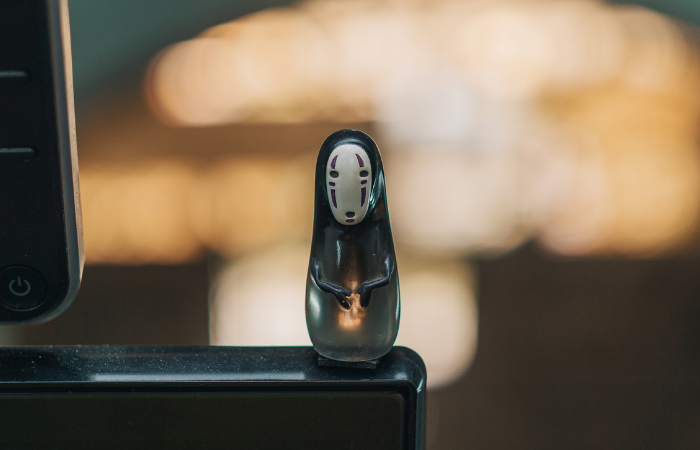Engaging in Japanese conversation with locals can be both exciting and challenging for beginners. However, language differences often lead to unintentional and sometimes humorous mistakes. From pronunciation, vocabulary, and grammar, to misused honorifics, we found many common mistakes that we will have fun learning from.
The Overuse of “Onegaishimasu” in Japanese Conversation

Image credit: Photo-ac.com
To make things sound polite when speaking Japanese, I was adding “onegaishimasu” in every imperative sentence. For example, “Chotto matte onegaishimasu” (Please wait a moment), etc.
Usually, Japanese people don’t want to make you feel bad about your mistakes, so they rarely point it out. Therefore, I kept doing that for a while before figuring out that many of those sentences don’t even exist in Japanese. They don’t use “onegaishimasu” in that sense and it definitely doesn’t make the speaker more polite but sounds weird.
Mixing Up Word Compounds Like “Taihen” vs “Hentai”
It’s common that Japanese learners misuse “taihen” and “hentai” because of their similar pronunciation but they have greatly different meanings.
“Taihen” is commonly used to express a sense of difficulty, hardship, or seriousness, such as when describing a challenging task or a tough situation. On the other hand, “hentai” is a term primarily used in Japanese to refer to something perverted or sexually deviant.
Unfortunately, “taihen” is less well-known than its similar-sound friend, so Japanese learners sometimes accidentally use the wrong term due to mechanical reflection.
Tricky Long Vowels

Image credit: Canva.com
長音 – ちょうおん (Chō’on) is long vowel in Japanese which is a structural component of words. We pronounce the last vowel twice as long as normal if the word includes chō’on.
It’s pretty “dangerous” when we accidentally make a mistake related to this vocabulary monster, because it can beat you up anytime. For example, unkou (運行) is movement but unko (うんこ) is poop.
Delicate Intonations

Image credit: Canva.com
Intonations in Japanese can literally make you dizzy! In Japanese, pitch accent plays a crucial role in conveying meaning and differentiating between words that would otherwise be homonyms.
For example, the word “hashi” has 3 meanings: chopstick, bridge and edge. However, their pronunciation is slightly different based on pitch accent.
“Hashi” (箸, chopsticks) has a high pitch on the first syllable and a low pitch on the second syllable, while “hashi” (橋, bridge) is pronounced oppositely. For “hashi” (端, edge) there is no pitch which means we pronounce two syllables similarly high.
But Hey! Don’t Be Afraid to Make Mistakes in Japanese Conversation
Why? Because making mistakes is the fastest way to learn, isn’t it? When I saw my friend improve his Japanese rapidly after a few months of practicing conversation with native speakers, I truly acknowledged the significance of the real-life practice. So, please don’t let the fear of making mistakes hold you back, but enjoy them.
Related article:
- Navigating Japanese Conversation at the Conbini
- Why a Japanese Food Restaurant Job is the Best Way to Learn Japanese Culture
- Japanese Literature Classics: Kojiki and Nihon Shoki
Featured image credits: Photo-ac.com






